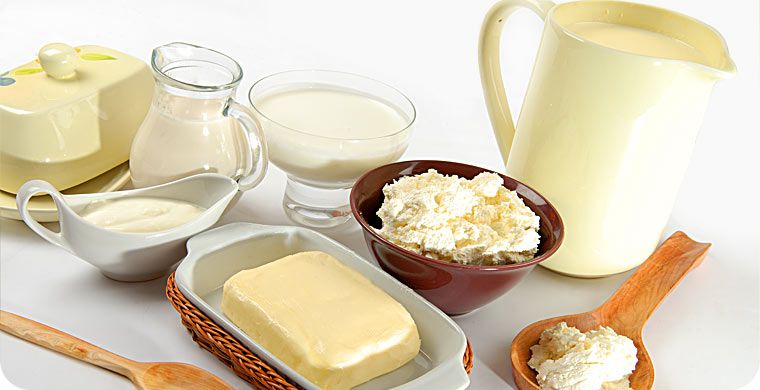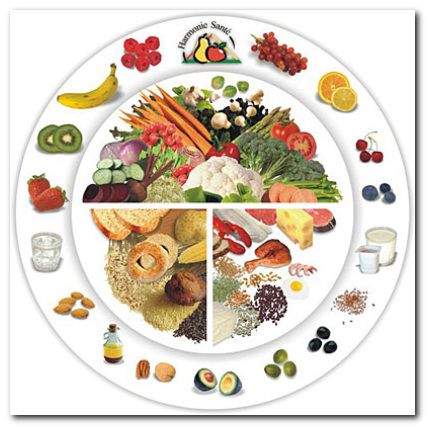New publications
How to keep the weight off: 9 useful tips
Last reviewed: 01.07.2025

All iLive content is medically reviewed or fact checked to ensure as much factual accuracy as possible.
We have strict sourcing guidelines and only link to reputable media sites, academic research institutions and, whenever possible, medically peer reviewed studies. Note that the numbers in parentheses ([1], [2], etc.) are clickable links to these studies.
If you feel that any of our content is inaccurate, out-of-date, or otherwise questionable, please select it and press Ctrl + Enter.
When a person struggles with excess weight for a long time and persistently and finally achieves a result, sometimes he relaxes, thinking that the most difficult part is behind him. And this is precisely the most dangerous moment, because after the extra kilos are gone, a new problem arises: how not to gain excess weight again and keep it at the desired level?
Nutritionists, who have more than once witnessed first the victory over excess body weight, and then, unfortunately, the defeat of a person in this confrontation, shared advice on how to maintain weight and not again become a victim of one’s own weaknesses.
Fighting hunger
According to a three-year study by scientists from the University of Pittsburgh, those women who managed to successfully maintain their weight did not starve, but on the contrary, constantly maintained a feeling of satiety. To maintain this feeling, it is best to include high-fiber foods in your diet - fruits, vegetables, whole grains and protein products.
 [ 1 ]
[ 1 ]
Avoid temptation
In order not to give in to temptations, you need to have considerable self-control, so make this process of abstaining from tasty but high-calorie food easier for yourself. It is best to plan your diet, but not only at home, where you can still restrain yourself, but also at work or on holidays. But this does not mean that now all desserts are strictly prohibited, of course, you can allow yourself a tasty morsel from time to time, but this should not become a habit that will return you to the past with extra pounds.
Count calories
Regularly counting calories is also a good alternative for maintaining weight. It will help you track your calorie intake and develop healthy eating habits. According to researchers, the optimal norm is about 1,800 calories per day.
Plan your diet in advance
Sticking to the planned menu will make it easier for you to manage your diet. Even if you deviate a little from the planned one, the already thought-out diet will help you get back on track and get back into the right eating habits.
Develop your eye
Sometimes, if a person is hungry, even a large portion that two people can eat seems insufficient to satisfy them. Therefore, try to accustom yourself to certain portions that fill you up, but do not allow you to overeat. Having a trained eye is especially important outside the home, for example, in a restaurant.
Weigh yourself daily
People who step on the scale every day are more likely to stay in good shape, according to a study by the Centers for Disease Control and Prevention.
Weighing yourself daily allows you to see and stop weight changes, and also serves as a good motivation for further weight loss.
Dairy products

The Centers for Disease Control and Prevention recommends eating low-fat dairy products. In a study of 338 adults who were trying to lose weight, those who ate at least three servings of low-fat dairy products daily were able to keep their weight off without much effort compared to those who ate less than one serving or no dairy at all.
A plate to help

To avoid overdoing it with your food portion, visually divide your plate into two parts, and then divide one half in half again. Half of the plate should contain vegetables and fruits, and two quarters should saturate your body with proteins and carbohydrates. The plate rule is very simple, but at the same time truly brilliant.
Breakfast is a must
This is the most important meal of the day, which gives you a boost of energy and vigor for the whole day, so do not ignore the first meal, this way you will be able to avoid overeating.
